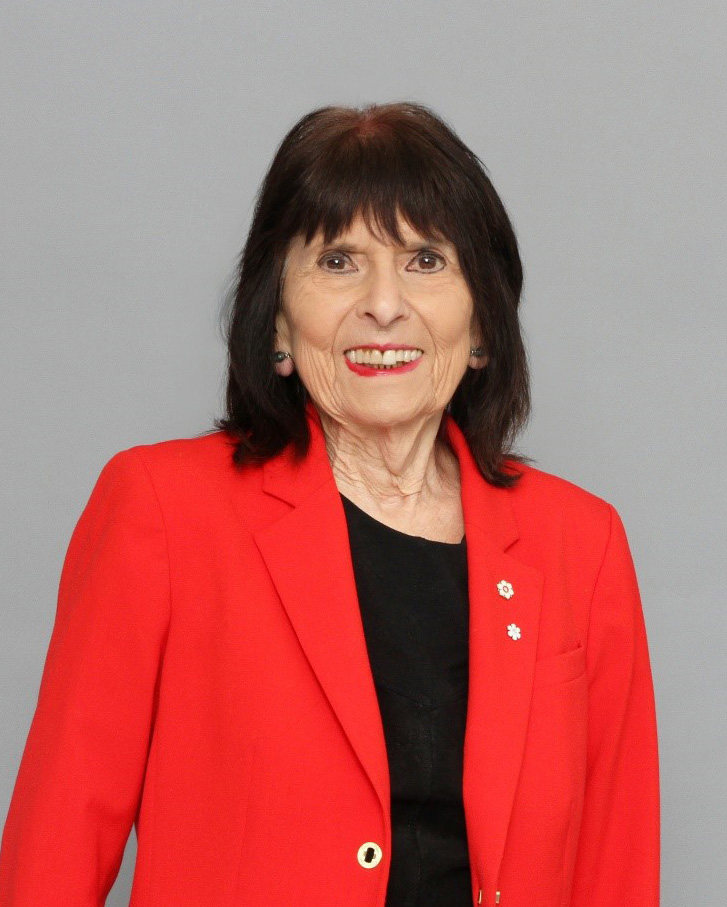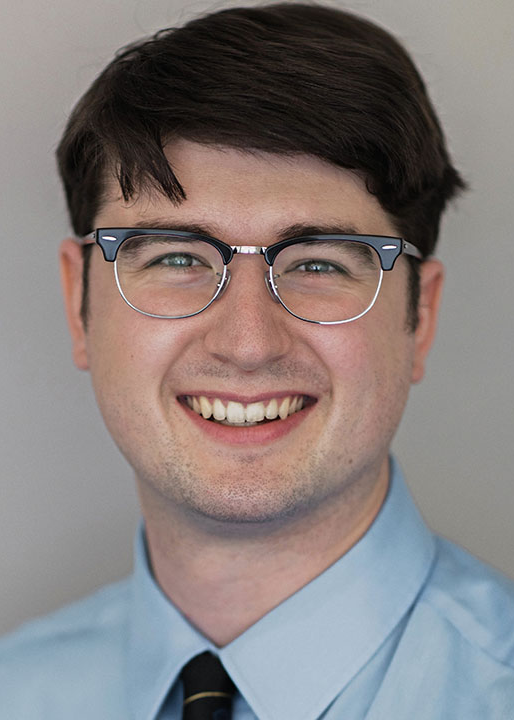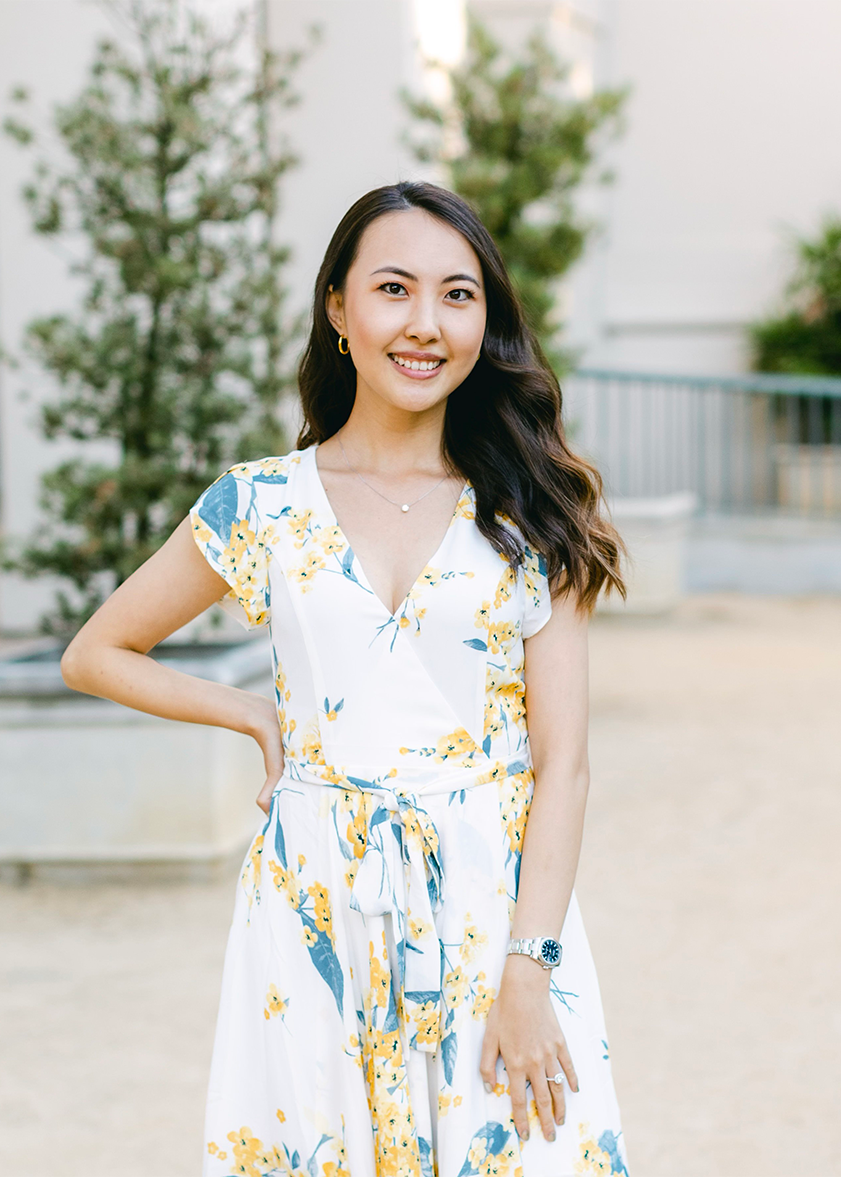Gloria Gutman

Why did you choose your program at UBC and what did you enjoy most about it?
I got married at the end of 3rd year as a Psychology undergrad, moved to Calgary where the University was just starting, and completed my BA by taking courses there and coming back to UBC for summer school. I then did a Masters in Psychology in Alberta and came back to complete a PhD at UBC. Calgary did not have a PhD program at the time, and my husband (also a UBC grad) and I loved BC.
What were some of your most meaningful experiences at UBC?
At the PhD level, working under the supervision of Dr. Bob Knox and Dr. Tom Storm. Both were excellent mentors. Later, as part-time faculty in the Department of Psychology interacting with colleagues Tanis Williams, Meredith Kimble (who like me, later became faculty at SFU), Ken Craig, and many others.
What choices did you make at UBC that contributed to your career success/journey?
Meeting up with Dr. Annette Stark in the Department of Health Care and Epidemiology. We were introduced to each other by the BC Ministry of Health when we both, independently, had asked how they were going to evaluate the new Long Term Care (LTC) program, introduced in the 1970s. That was the start of a 10-year collaboration that enabled us to put together a unique dataset comprised of a 100% sample of LTC clients in two health units and follow them over time.
What was your first job after graduation and what other jobs did you have before your current position?
My first job after graduating was a part-time position in the UBC Department of Psychology. In that first year of employment, I went to a lecture sponsored by Continuing Education where I met Marjorie Smith, who invited me to lead a research project on seniors housing. While my Masters-level training was in gero-psychology, I knew nothing about seniors housing. I became a 90-day expert, but it was 90 days more learning in the area than anyone else at UBC had at the time. That led to grants from the Canadian Mortgage and Housing Corporation, and to one of the initial research streams in the SFU Gerontology Research Centre and Department of Gerontology that I subsequently developed there and led from 1982-2005.
Is your current career path as you originally intended? What challenges did you face in launching your career?
I did not start out to be an academic entrepreneur, administrator or internationally recognized gerontology researcher, educator and seniors advocate. Initially, the challenge was getting a full-time position.
What do you like about current job and what do you find challenging? How does it relate to your degree?
Gerontology is a growth industry. There are many opportunities to research and advocate for improvements in health care, housing, and quality of life of the burgeoning older adult population. The intersection of population aging and climate change is one area I work in. Other challenging areas are the prevention of elder abuse and neglect, and gerontechnology.
From your experience, what has been the value of having an Arts degree?
An Arts degree provides a broad sampling of areas that are part of the social determinants of health: psychology, sociology, economics, history and philosophy courses all gave me an appreciation of the intersecting influences on how we become the person we are as an adult, and later, a senior.
What advice would you give to students and alumni interested in breaking into your industry?
You need to have passion, and vision of what could be, as well as a solid grounding in bio-psycho-social gerontology. Seek out the faculty at UBC who have expertise in individual and population aging.
Gloria Gutman



Why did you choose your program at UBC and what did you enjoy most about it?
I got married at the end of 3rd year as a Psychology undergrad, moved to Calgary where the University was just starting, and completed my BA by taking courses there and coming back to UBC for summer school. I then did a Masters in Psychology in Alberta and came back to complete a PhD at UBC. Calgary did not have a PhD program at the time, and my husband (also a UBC grad) and I loved BC.
What were some of your most meaningful experiences at UBC?
At the PhD level, working under the supervision of Dr. Bob Knox and Dr. Tom Storm. Both were excellent mentors. Later, as part-time faculty in the Department of Psychology interacting with colleagues Tanis Williams, Meredith Kimble (who like me, later became faculty at SFU), Ken Craig, and many others.
What choices did you make at UBC that contributed to your career success/journey?
Meeting up with Dr. Annette Stark in the Department of Health Care and Epidemiology. We were introduced to each other by the BC Ministry of Health when we both, independently, had asked how they were going to evaluate the new Long Term Care (LTC) program, introduced in the 1970s. That was the start of a 10-year collaboration that enabled us to put together a unique dataset comprised of a 100% sample of LTC clients in two health units and follow them over time.
What was your first job after graduation and what other jobs did you have before your current position?
My first job after graduating was a part-time position in the UBC Department of Psychology. In that first year of employment, I went to a lecture sponsored by Continuing Education where I met Marjorie Smith, who invited me to lead a research project on seniors housing. While my Masters-level training was in gero-psychology, I knew nothing about seniors housing. I became a 90-day expert, but it was 90 days more learning in the area than anyone else at UBC had at the time. That led to grants from the Canadian Mortgage and Housing Corporation, and to one of the initial research streams in the SFU Gerontology Research Centre and Department of Gerontology that I subsequently developed there and led from 1982-2005.
Is your current career path as you originally intended? What challenges did you face in launching your career?
I did not start out to be an academic entrepreneur, administrator or internationally recognized gerontology researcher, educator and seniors advocate. Initially, the challenge was getting a full-time position.
What do you like about current job and what do you find challenging? How does it relate to your degree?
Gerontology is a growth industry. There are many opportunities to research and advocate for improvements in health care, housing, and quality of life of the burgeoning older adult population. The intersection of population aging and climate change is one area I work in. Other challenging areas are the prevention of elder abuse and neglect, and gerontechnology.
From your experience, what has been the value of having an Arts degree?
An Arts degree provides a broad sampling of areas that are part of the social determinants of health: psychology, sociology, economics, history and philosophy courses all gave me an appreciation of the intersecting influences on how we become the person we are as an adult, and later, a senior.
What advice would you give to students and alumni interested in breaking into your industry?
You need to have passion, and vision of what could be, as well as a solid grounding in bio-psycho-social gerontology. Seek out the faculty at UBC who have expertise in individual and population aging.



